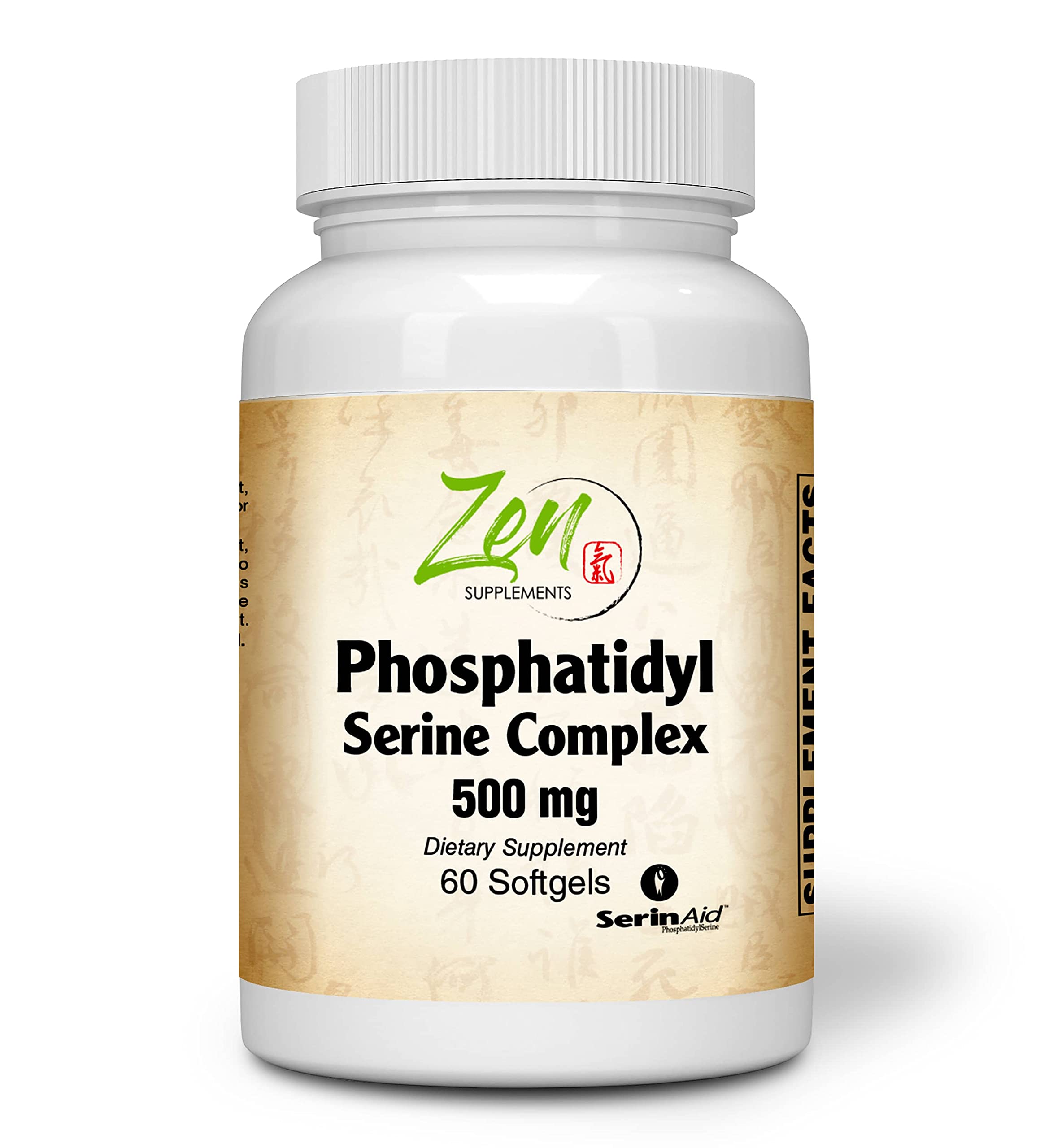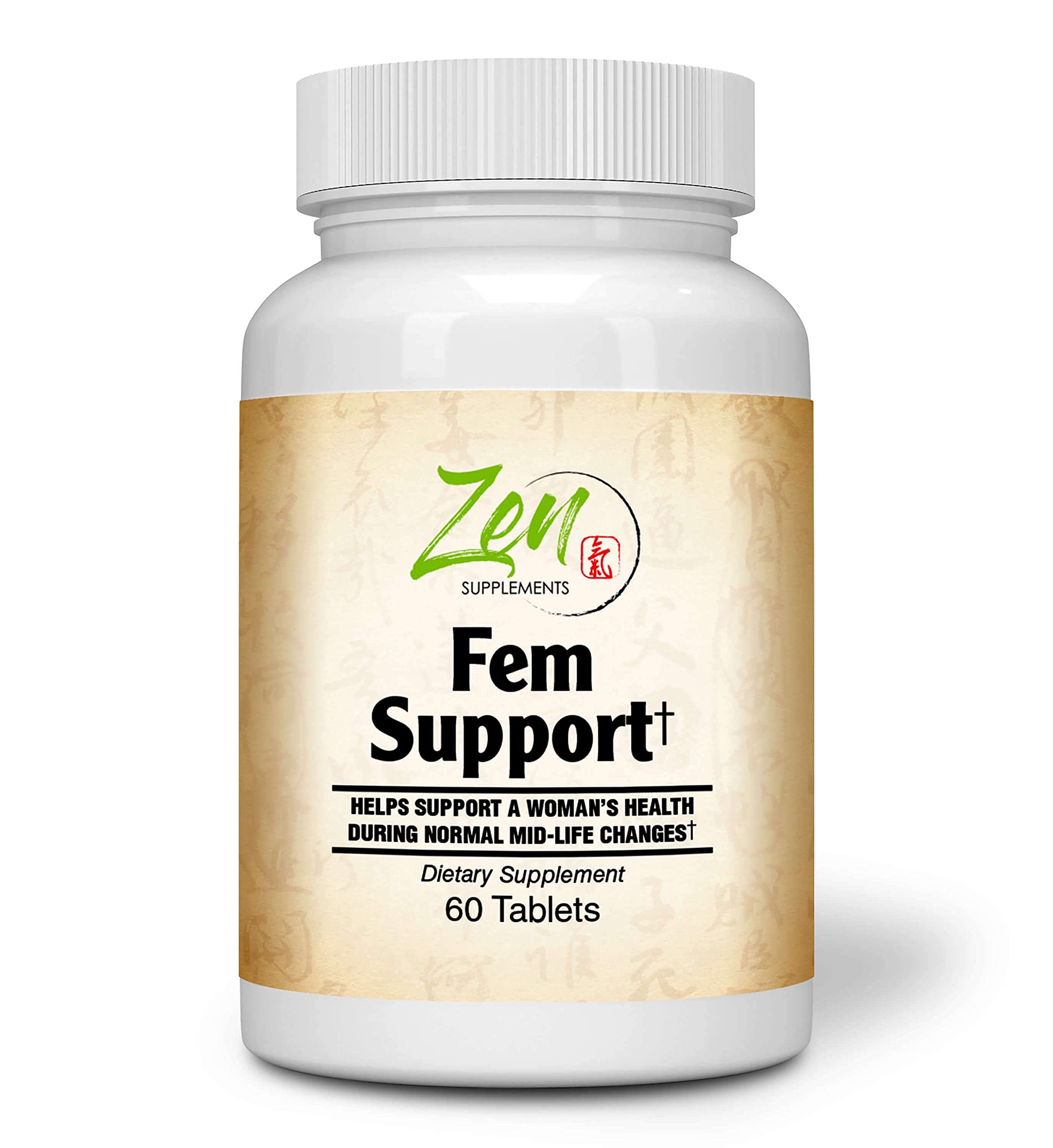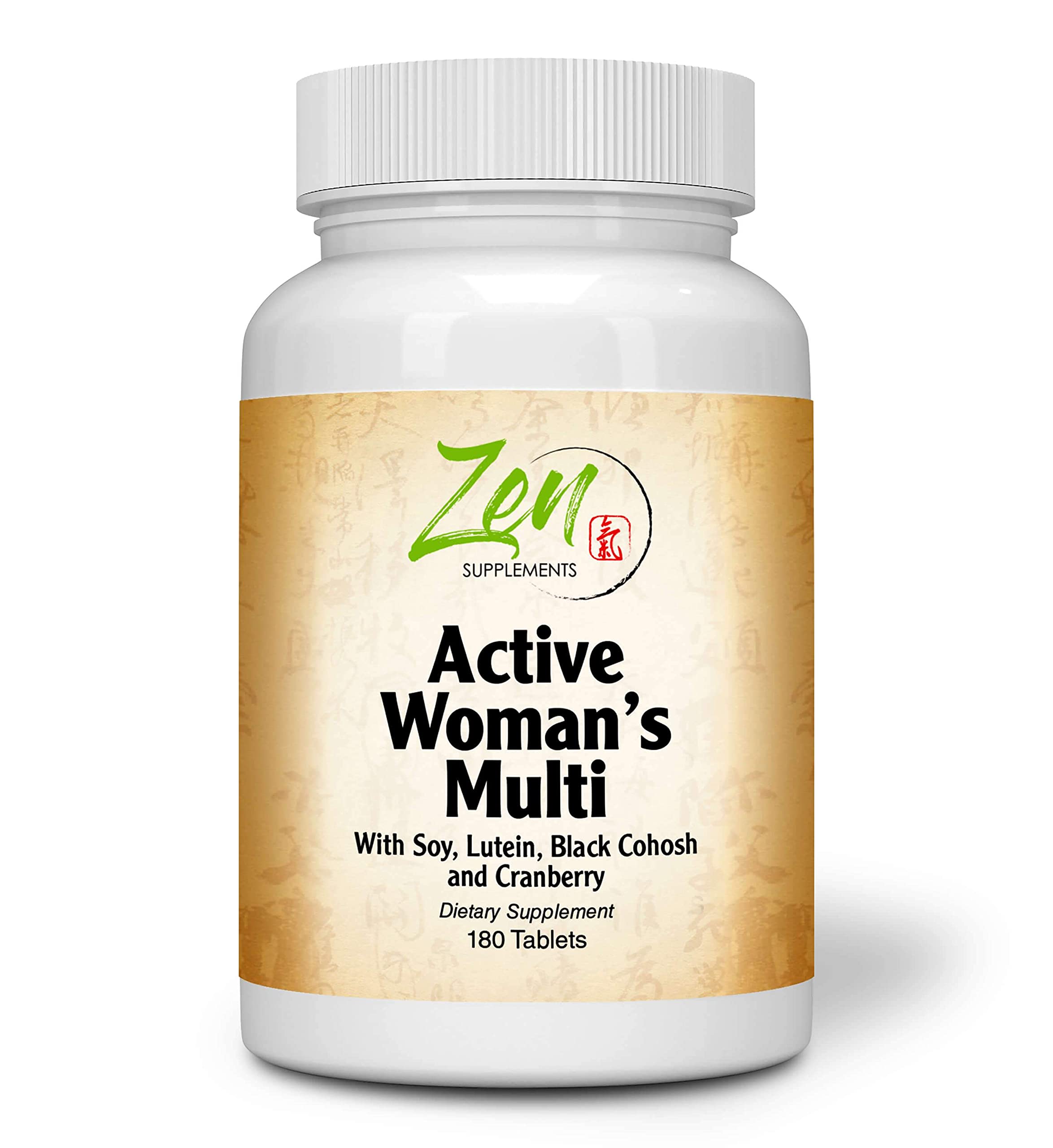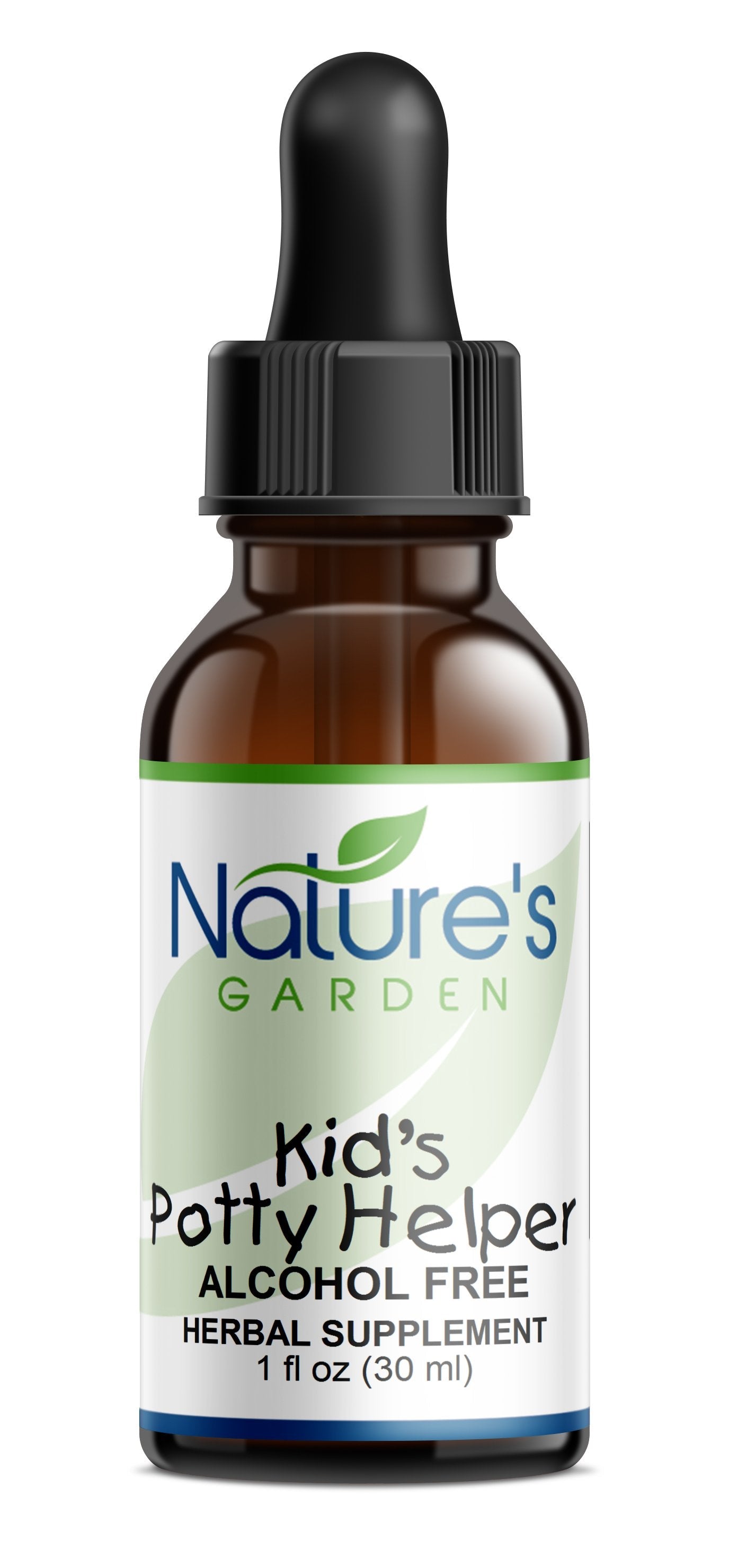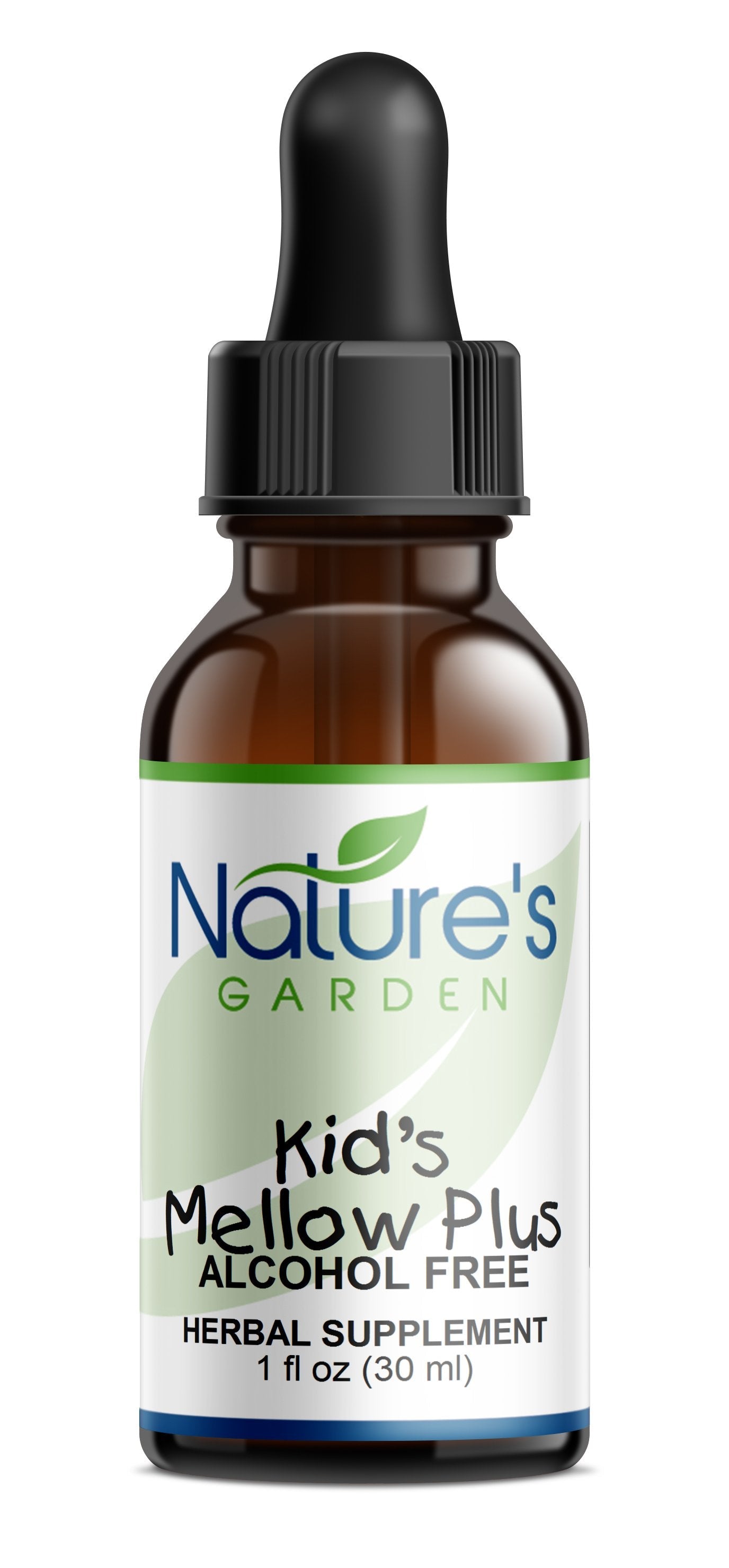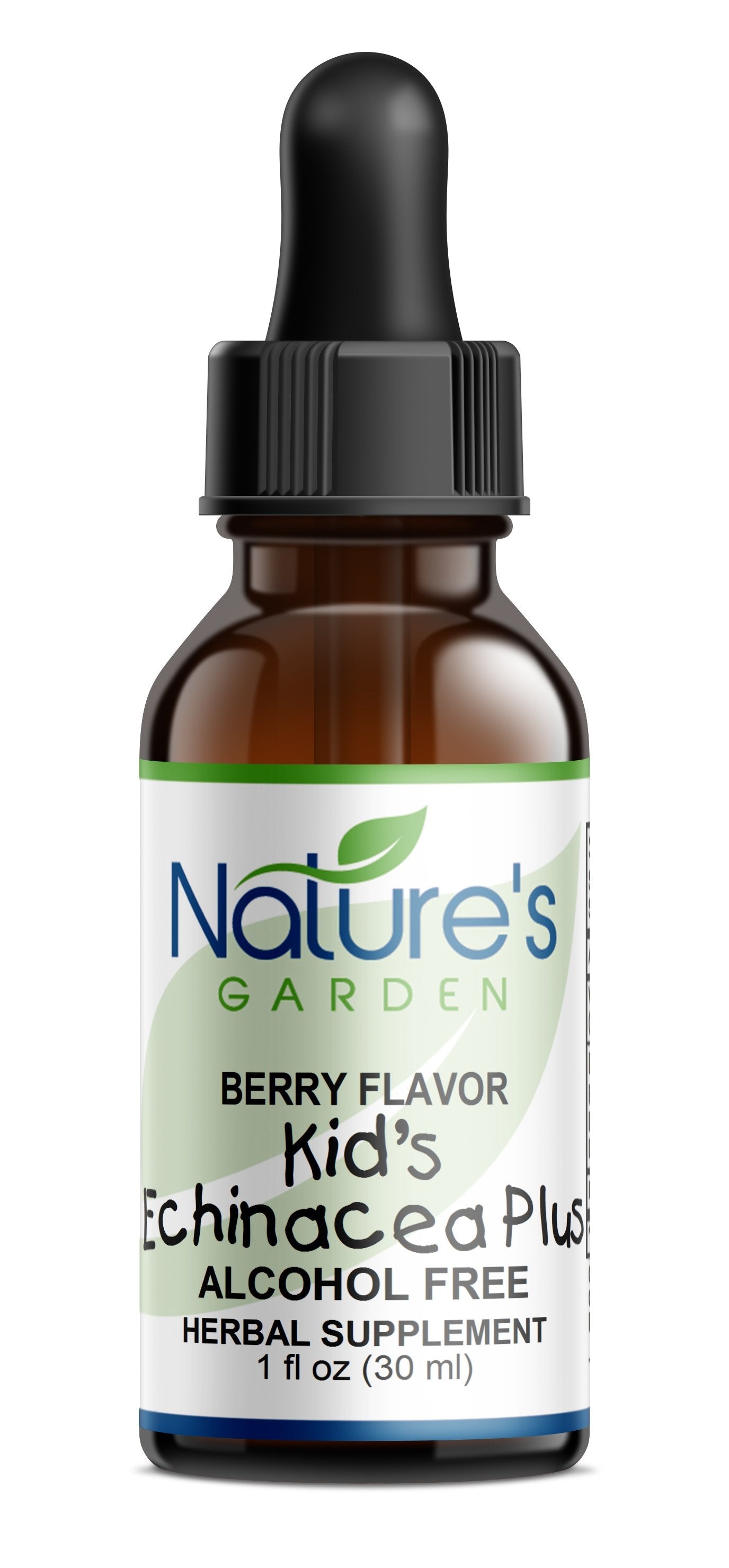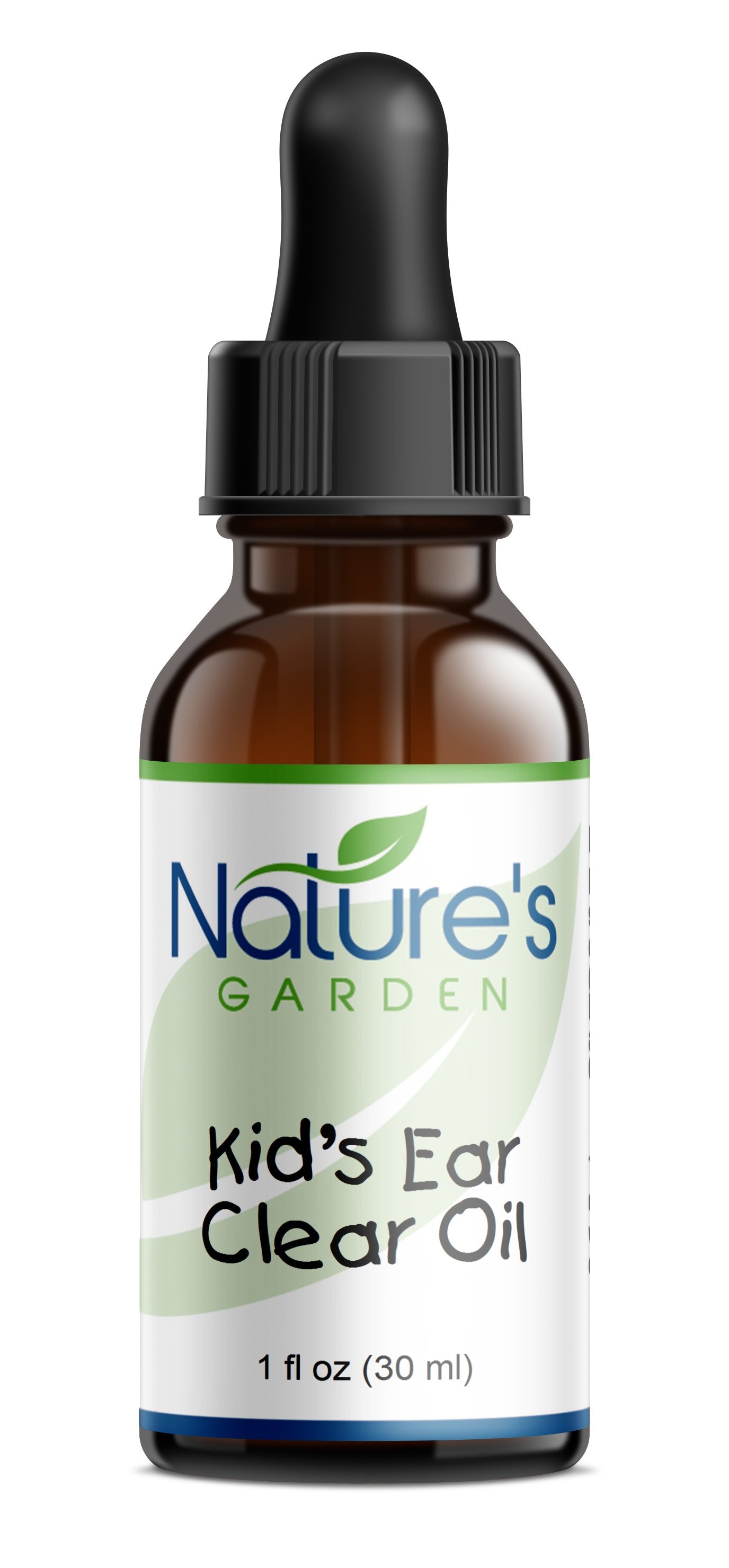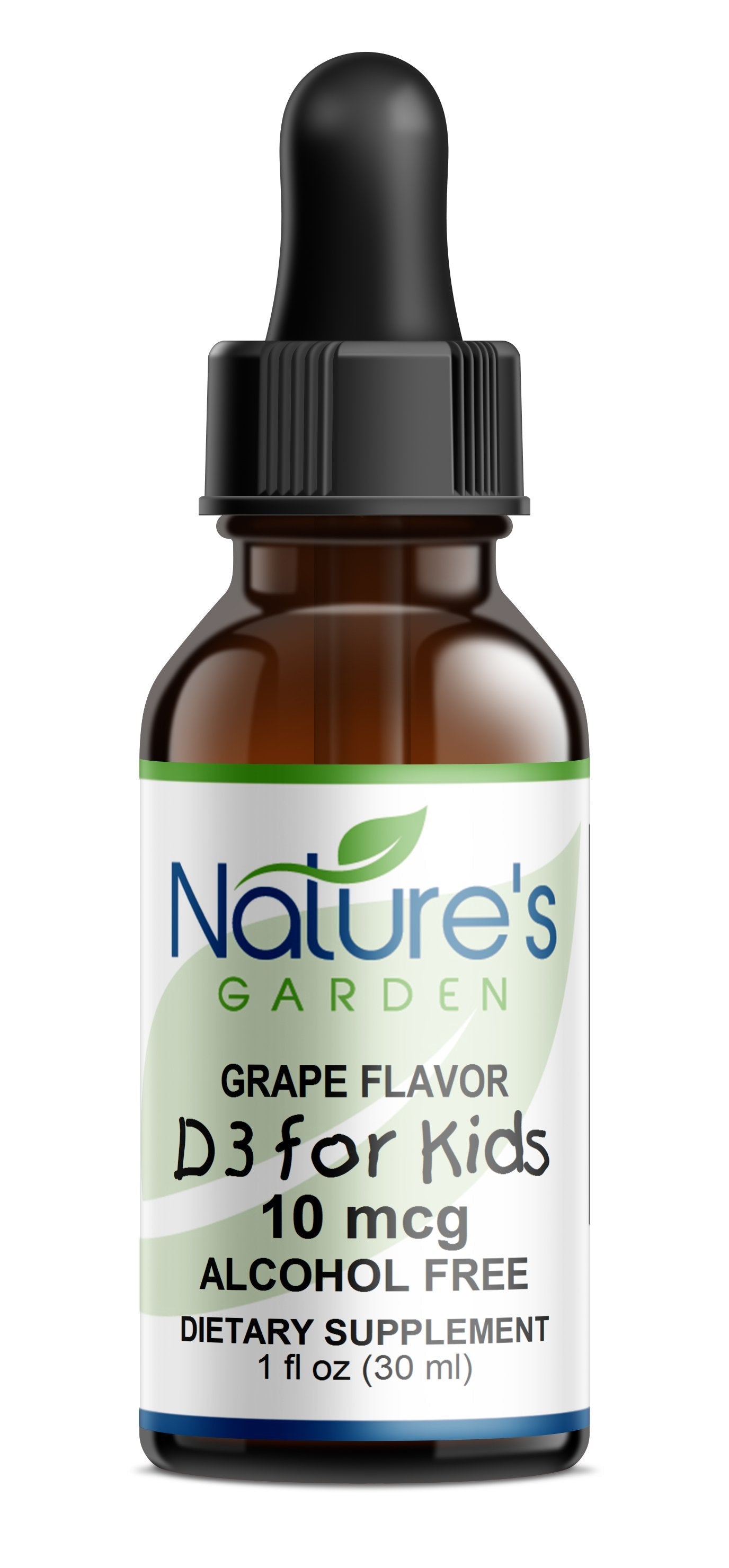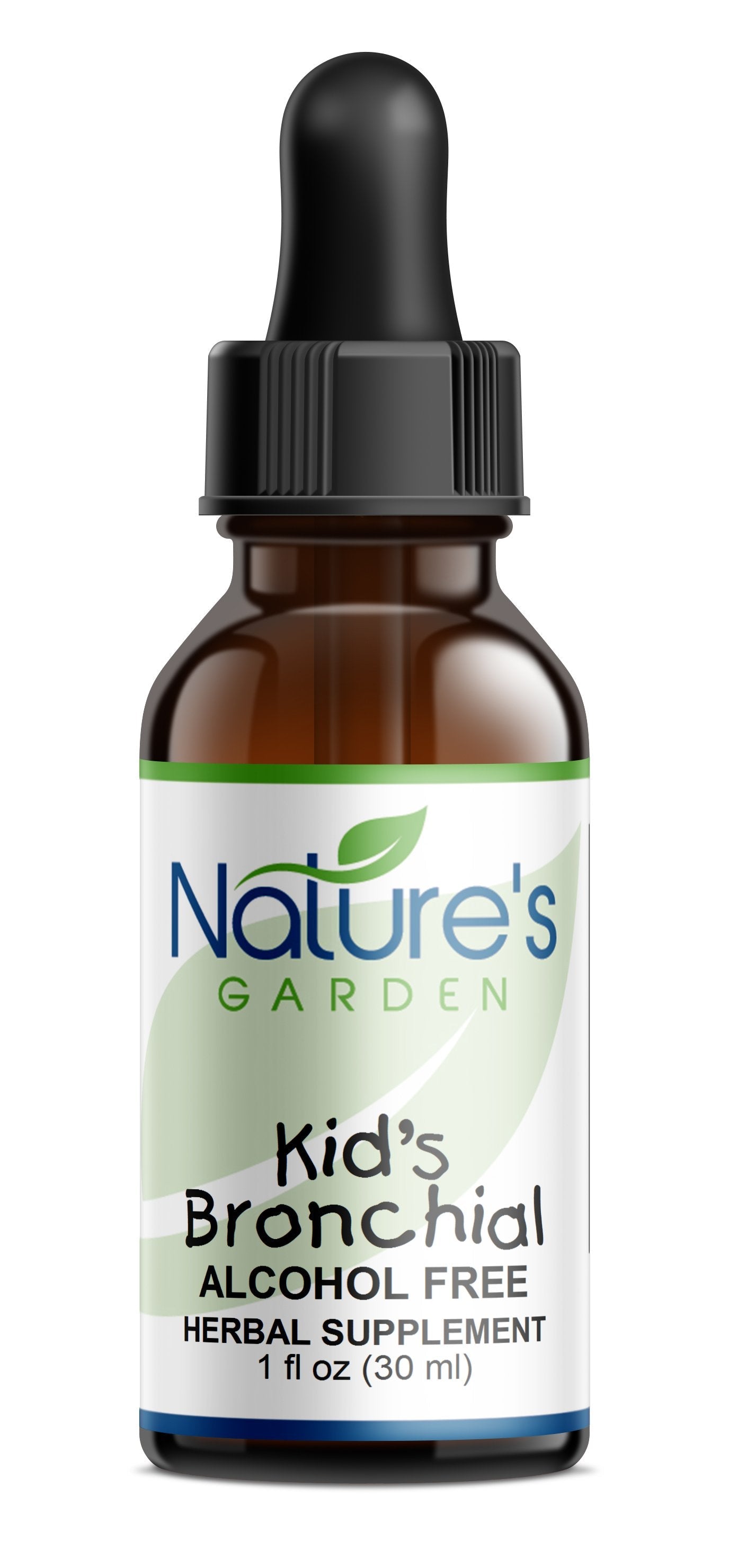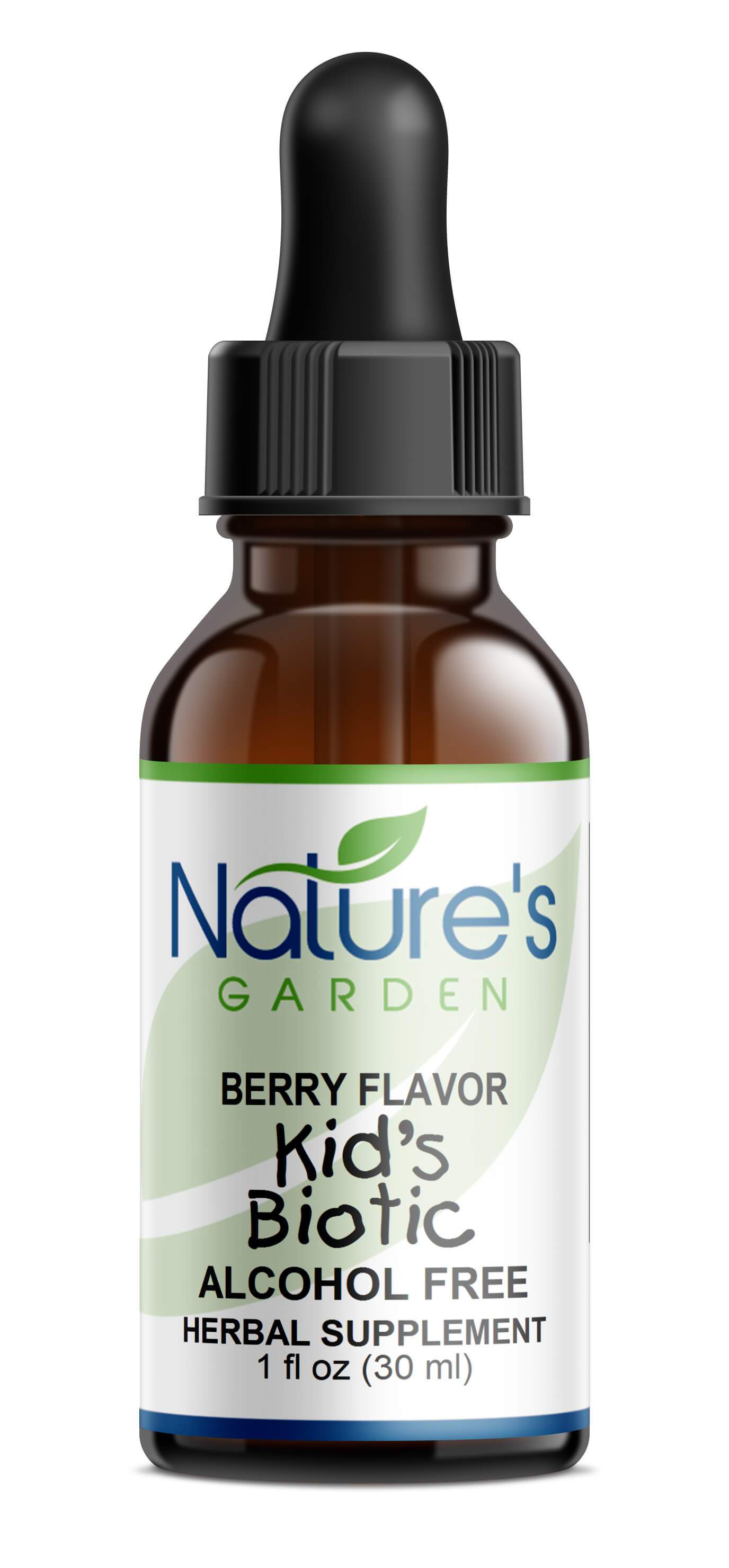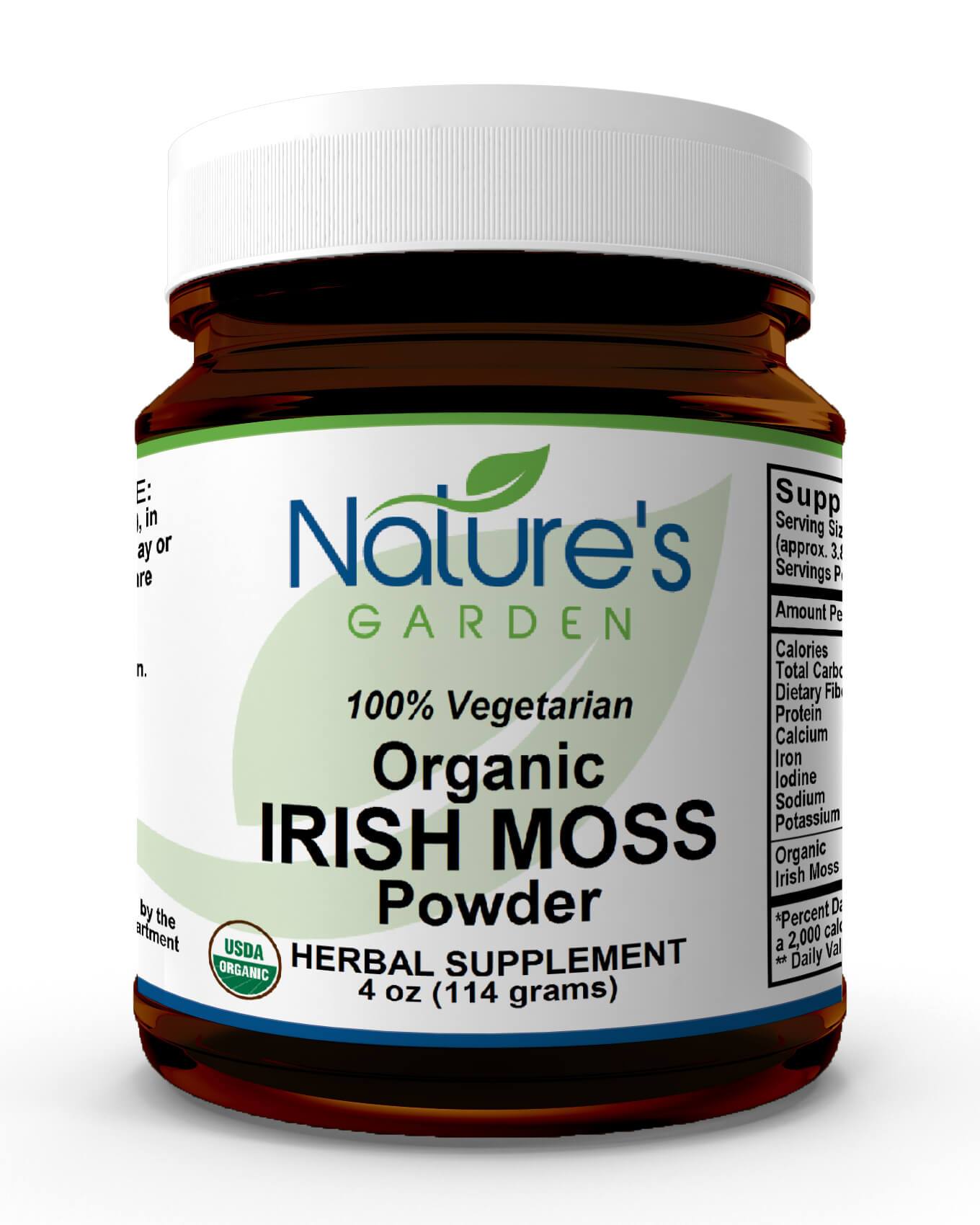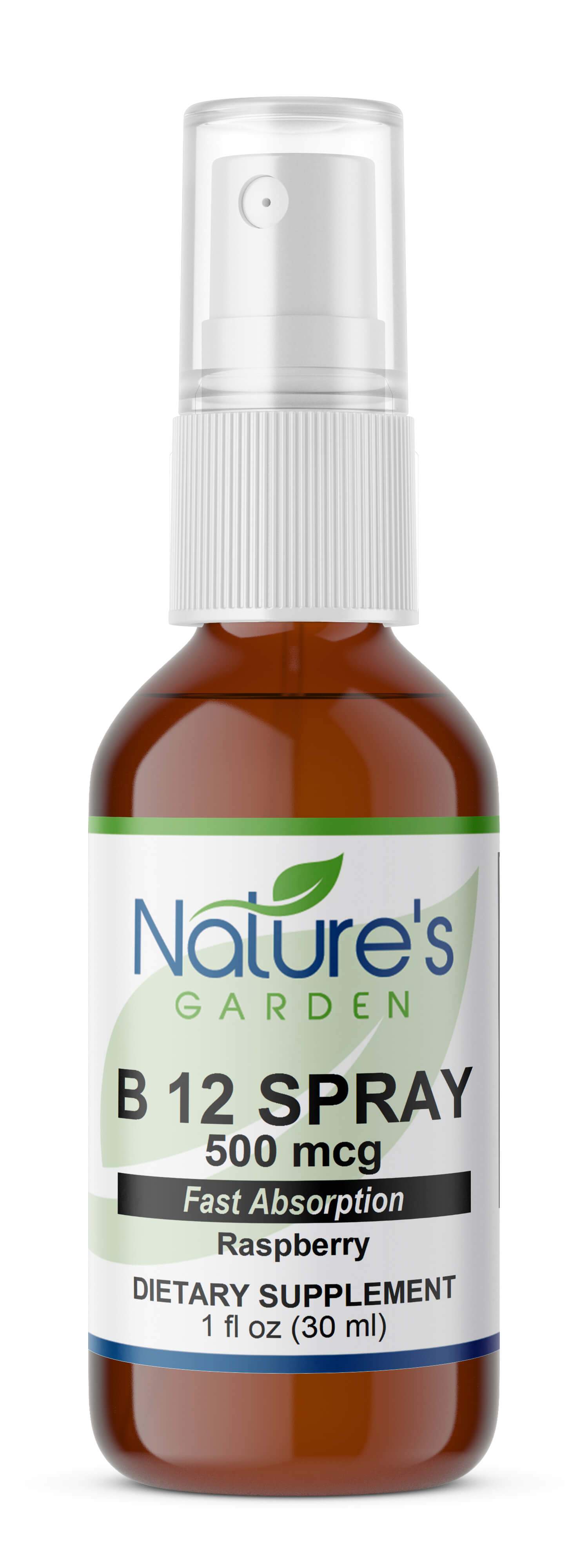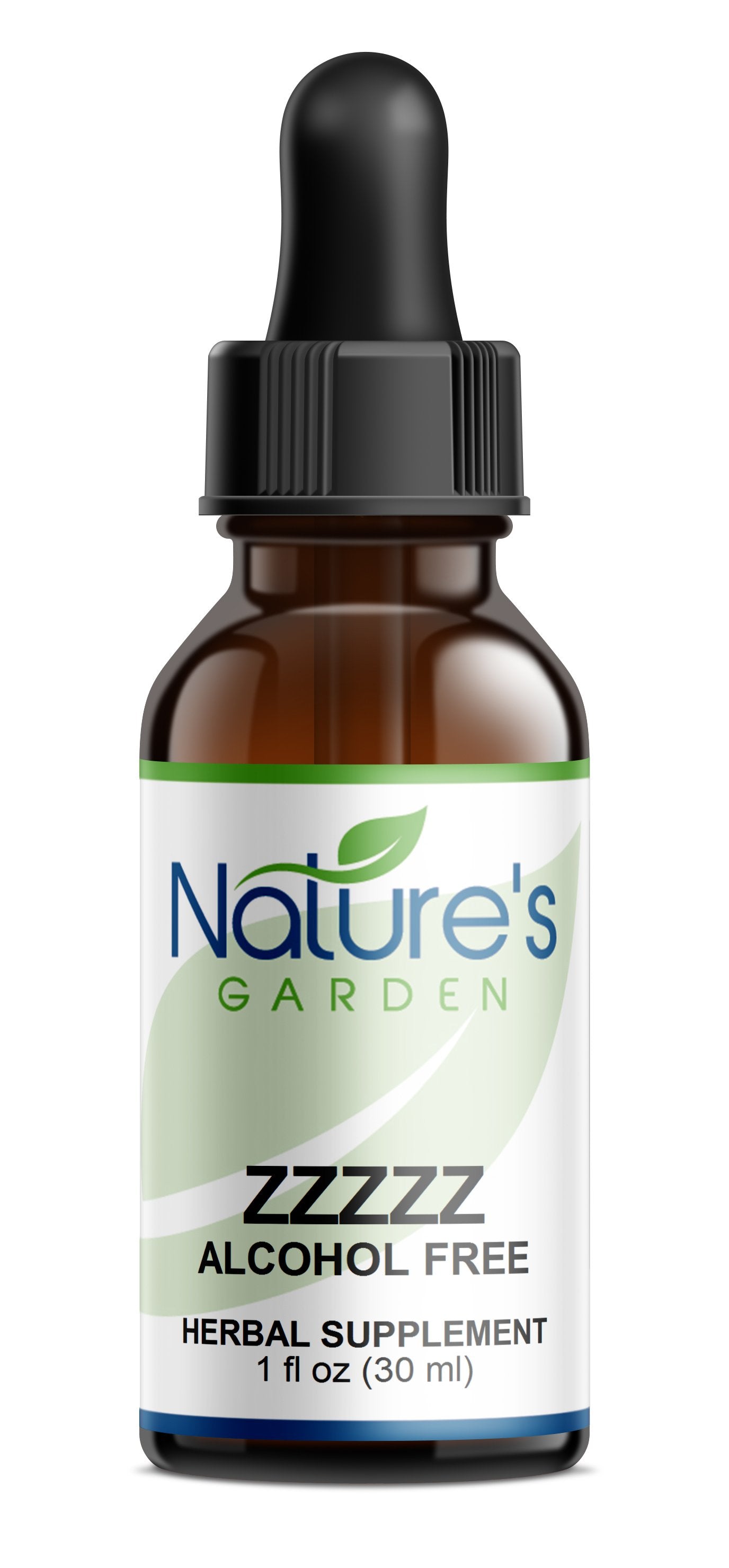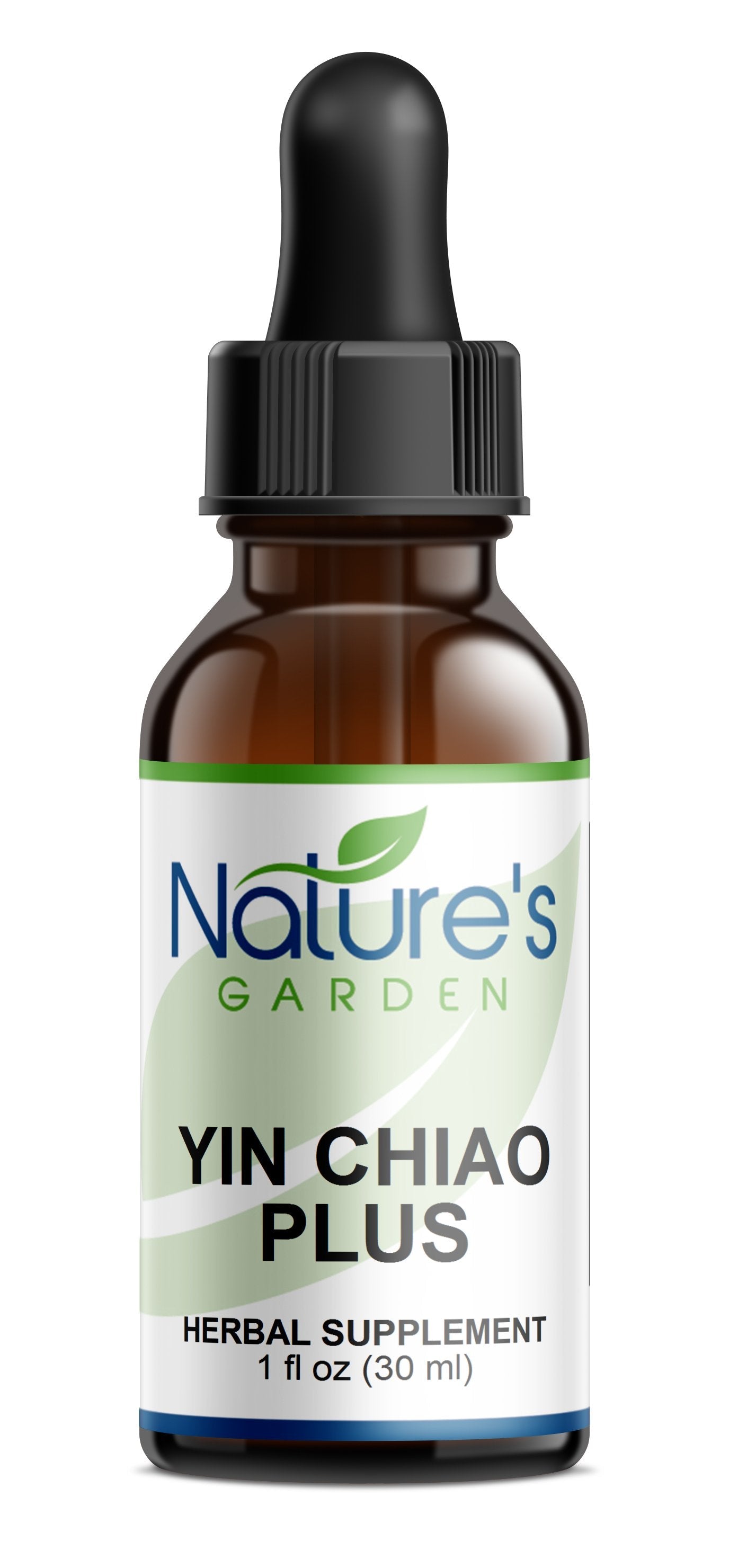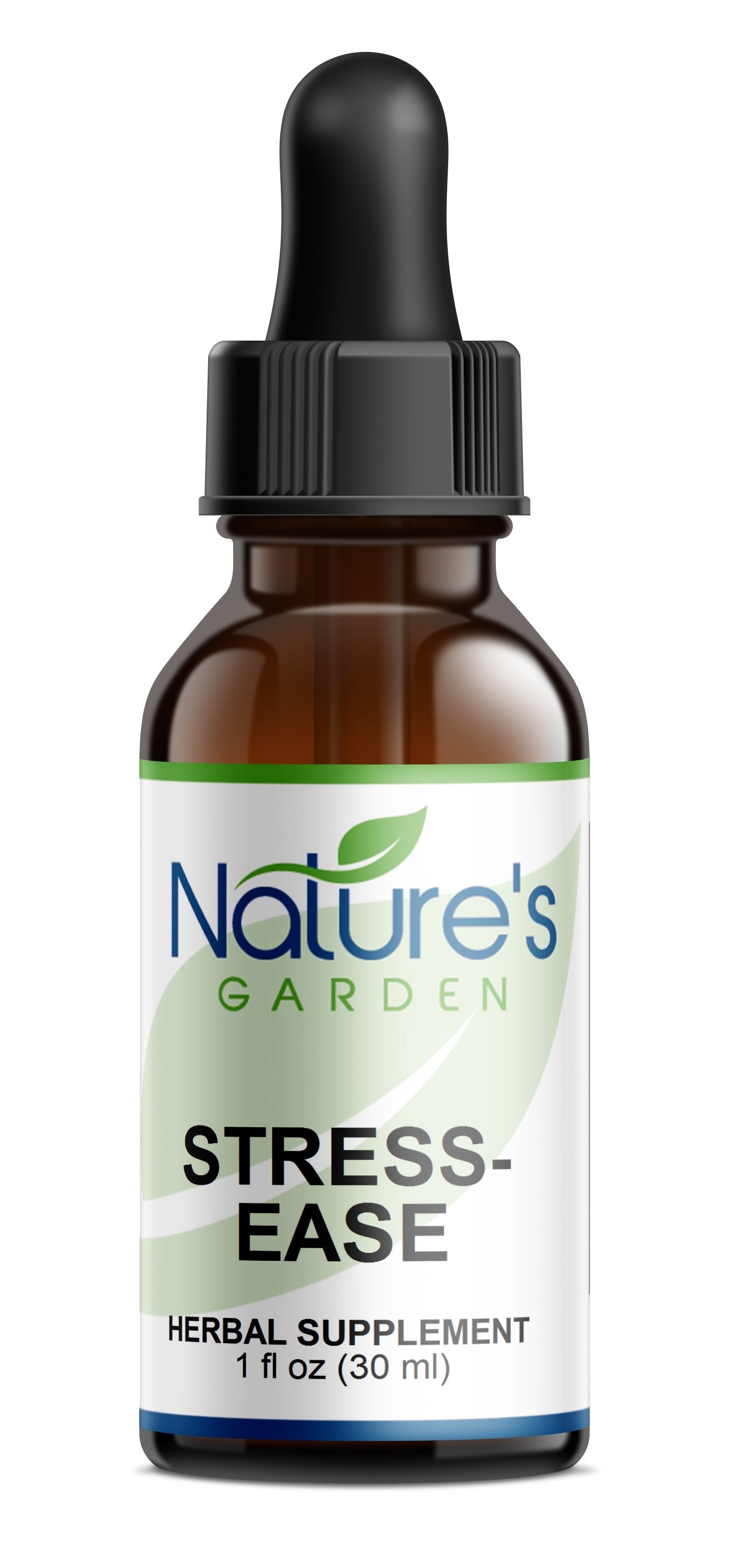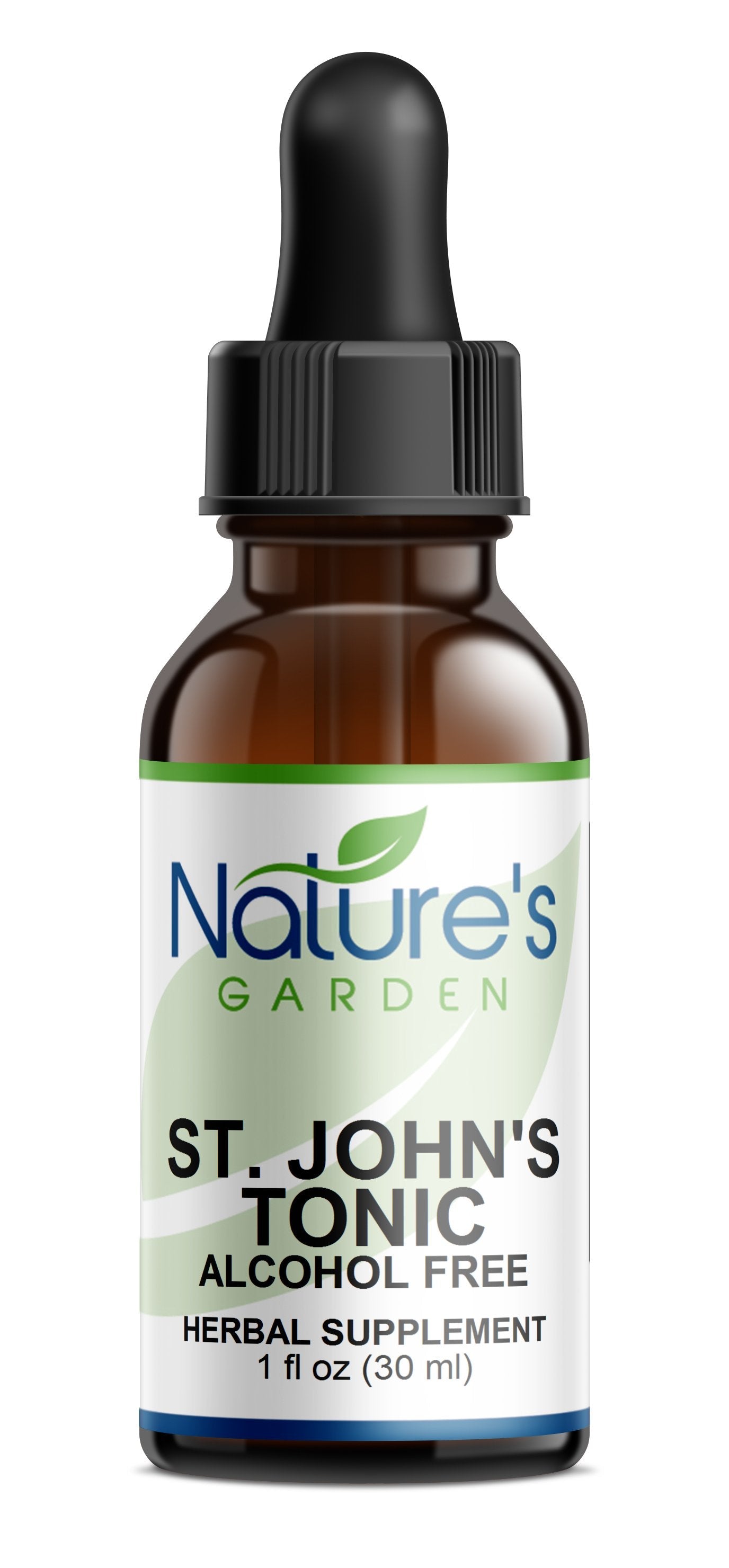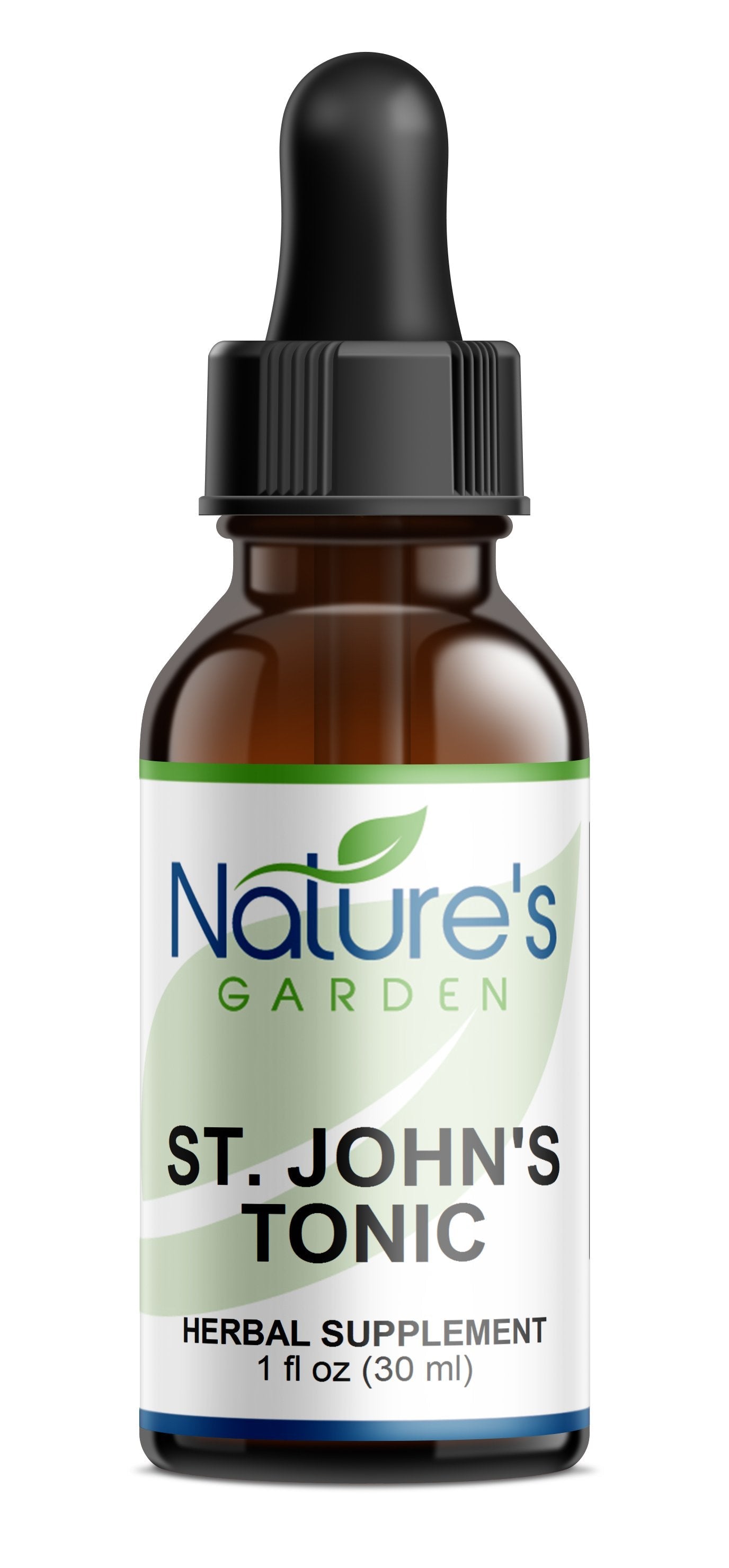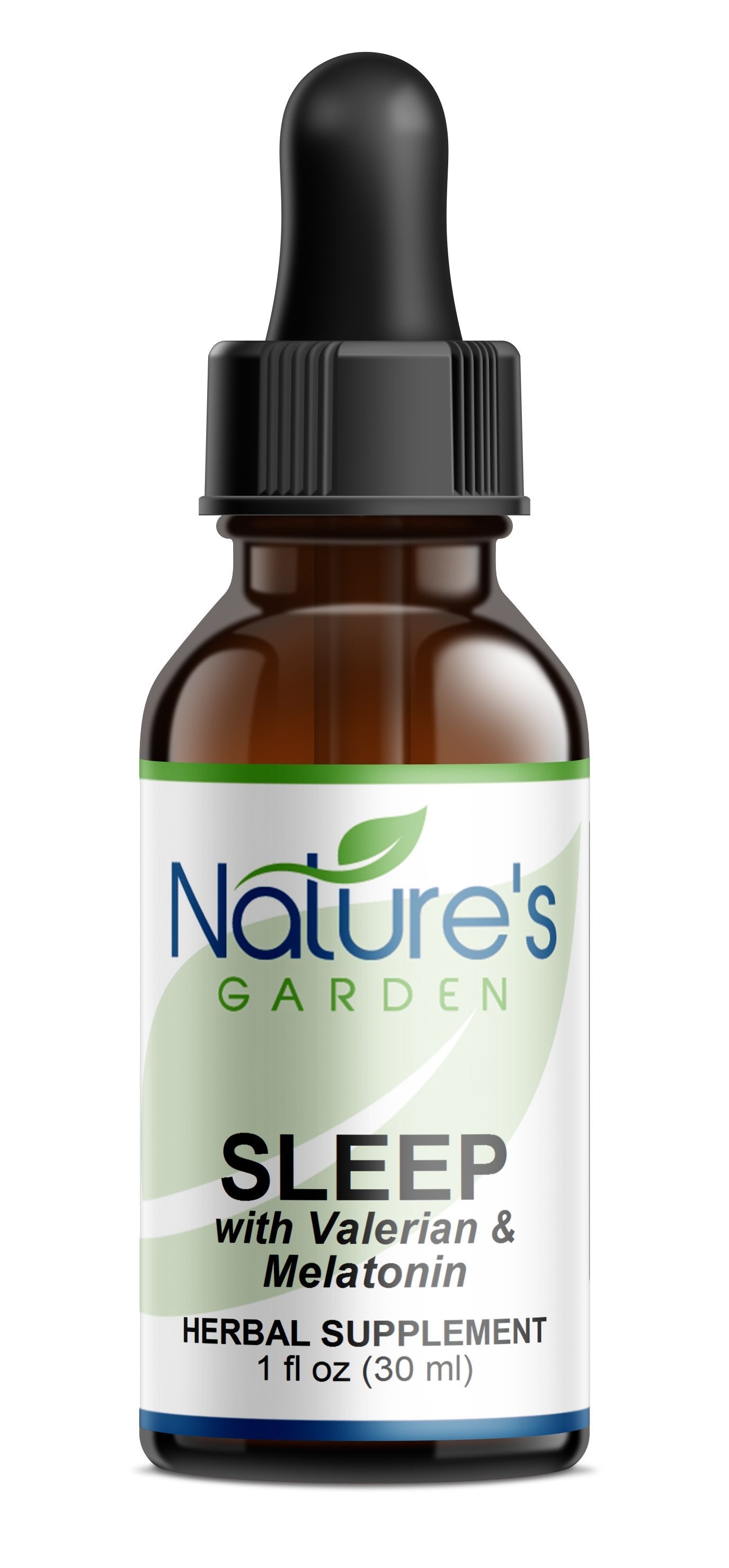Menu
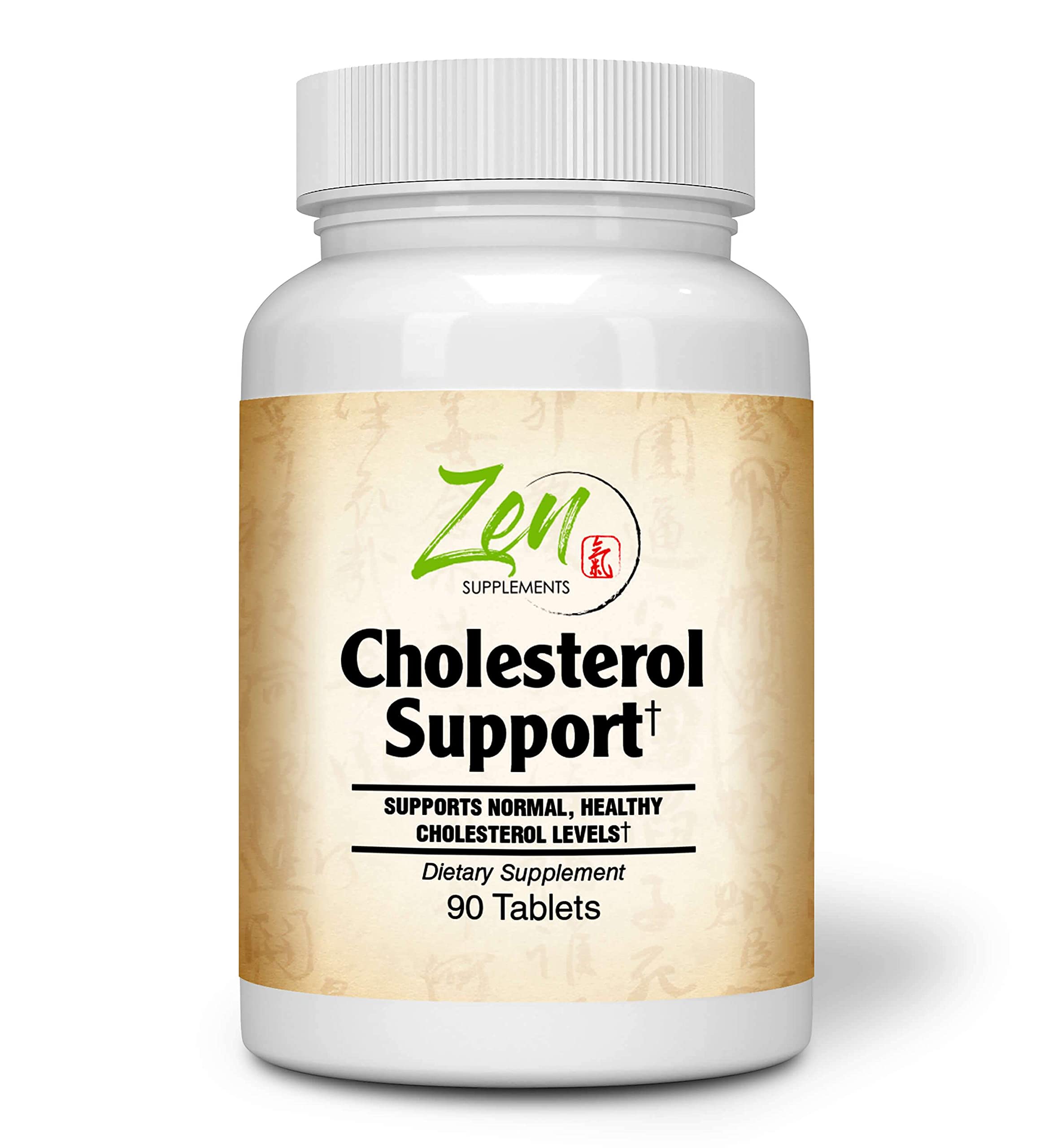
Zen Supplements - Cholesterol Support, for Healthy Cholesterol Levels & Cardiovascular Health with Policosanol, Tocotrienols, Chromium, Pantethine & Soy Isoflavones 90-Tabs
$43.84
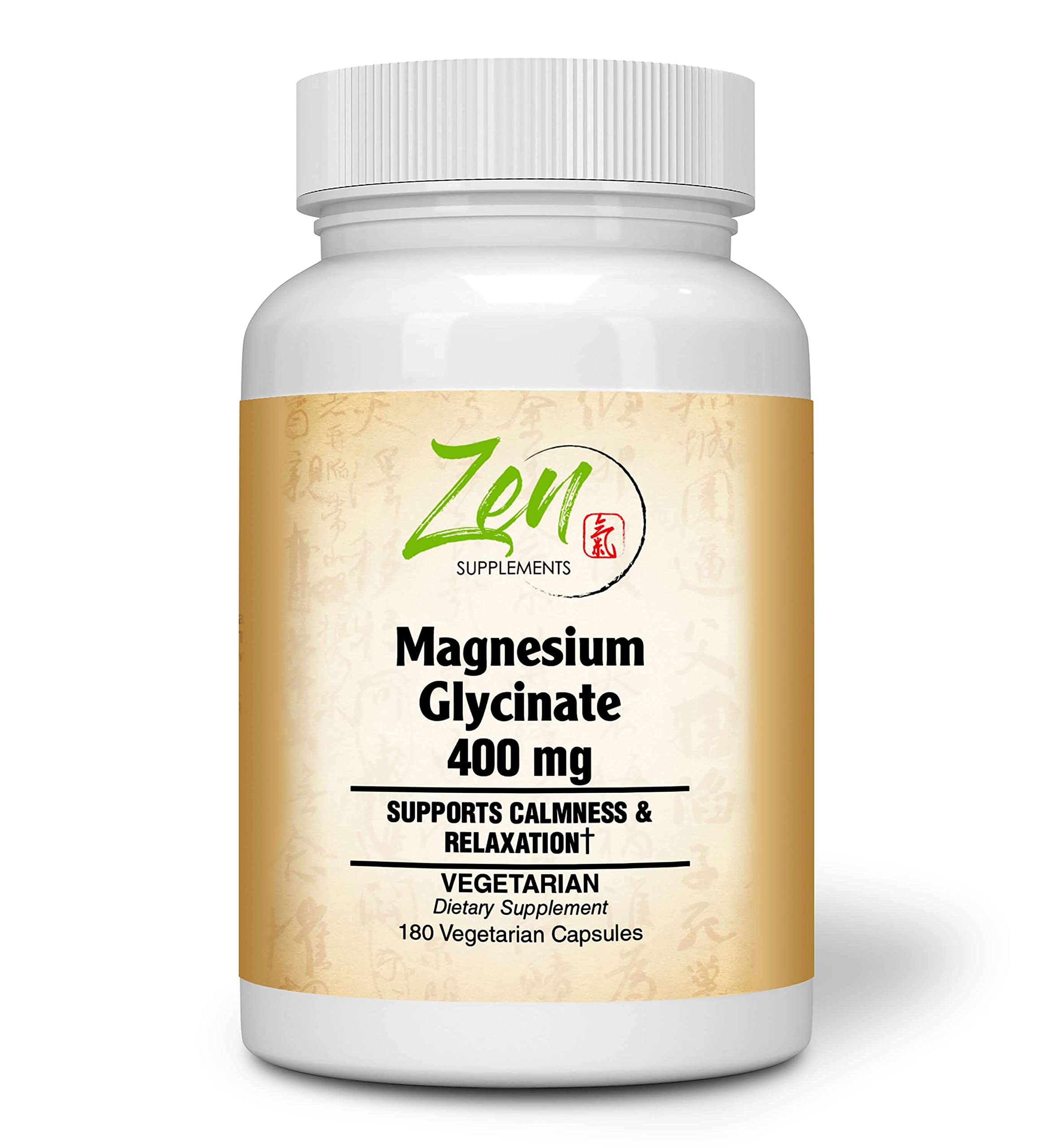
Zen Supplements - Magnesium Glycinate 400Mg - Promotes Calmness & Sleep Quality, Support for Muscle Cramps & Soreness, Heart & Blood Pressure Functions & Blood Sugar Balance 180-Vegcaps
$36.43
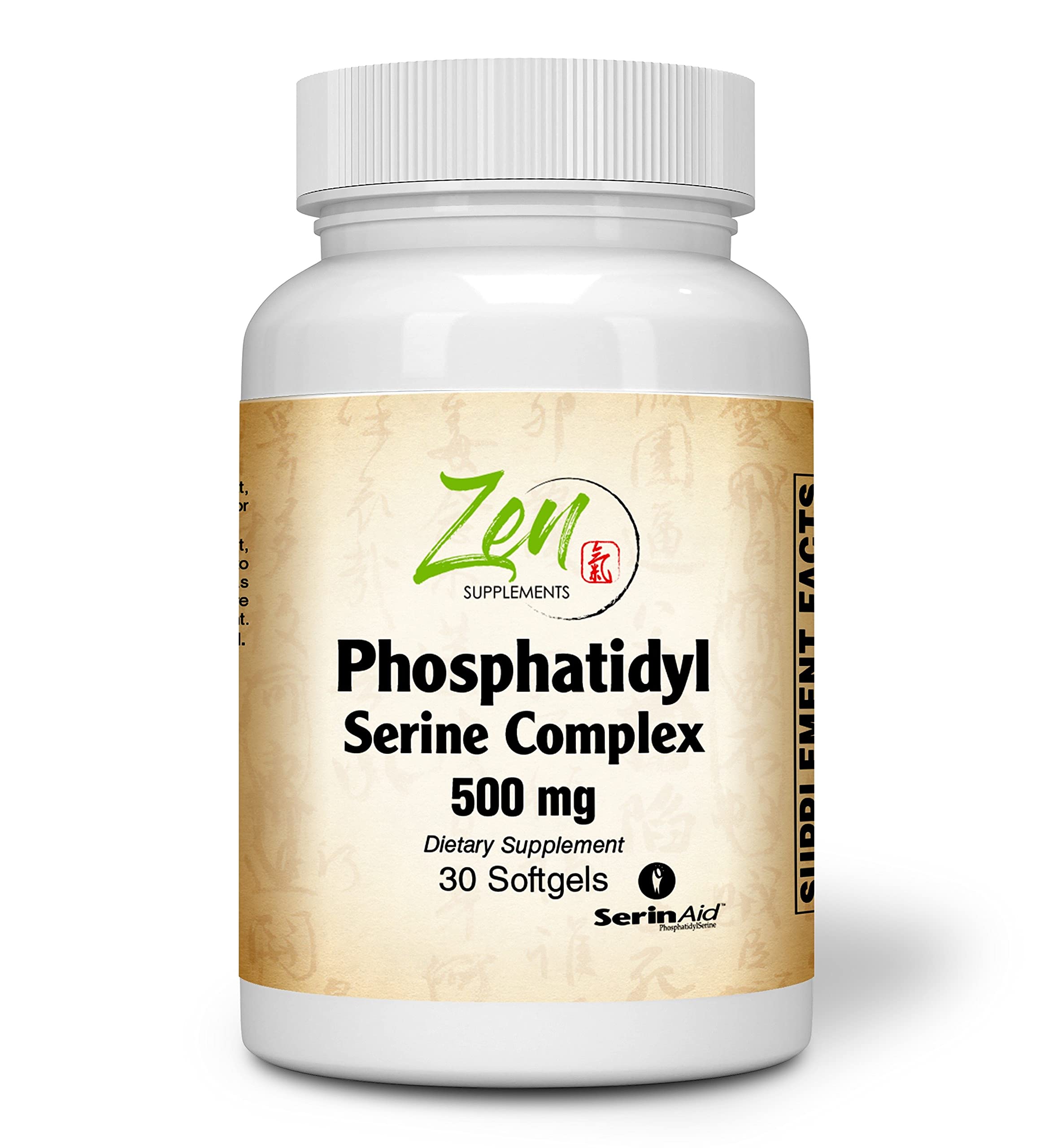
Zen Supplements - Phosphatidyl Serine Complex - Nootropic Support for Brain Health, Improved Cognition and Neurological Clarity 30-Softgel
$31.11
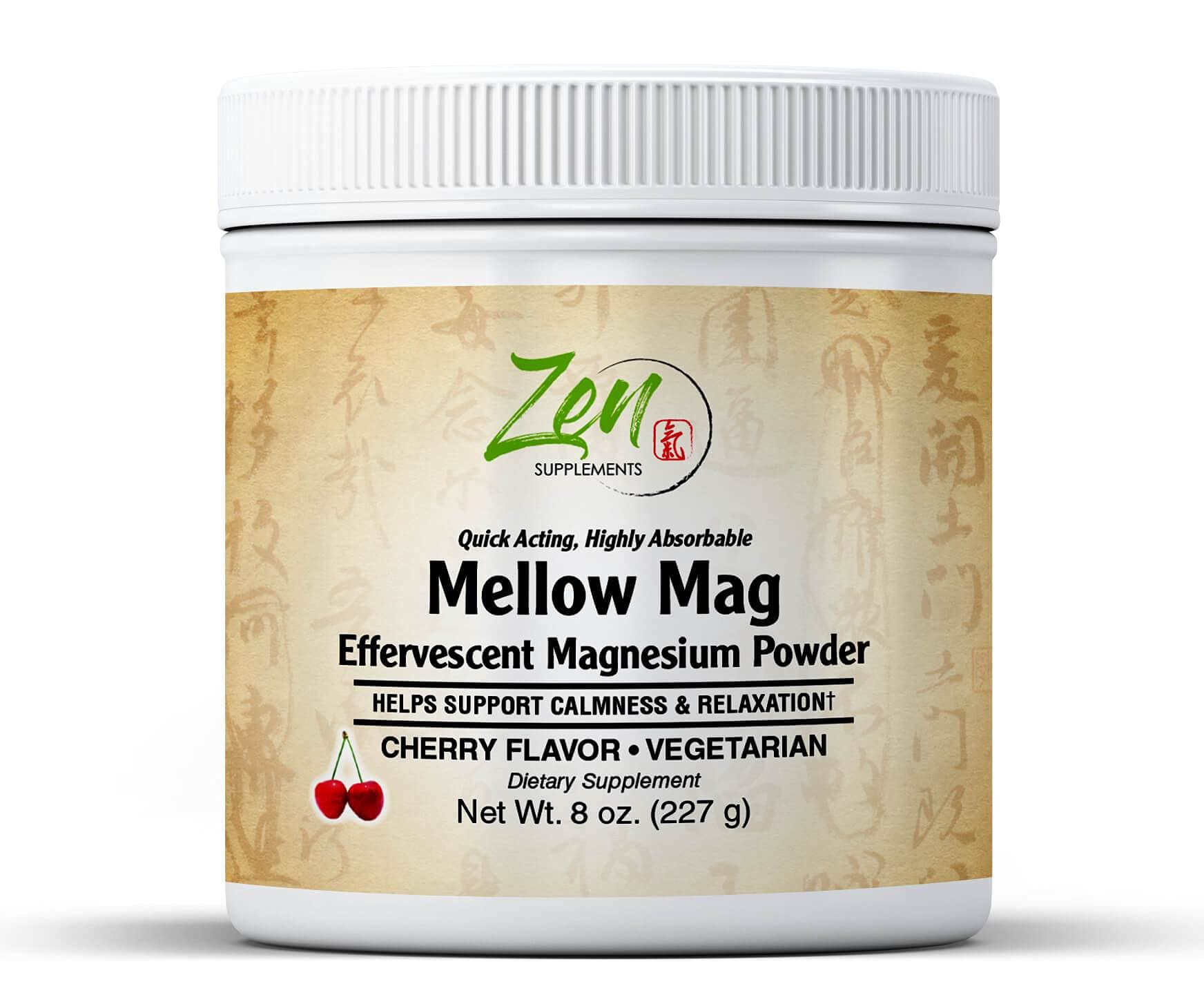
Zen Supplements - Mellow Mag-Cherry Flavor Magnesium Carbonate - Natural Aid to Support Constipation & Sleeping Difficulties, Promotes Anti-Stress, Calm & Regularity 8 Oz- Effervescent Powder
$29.24

Zen Supplements - Algae Based Vega Calcium Supplement, with Magnesium, Vegan D3 & Vegan K2 and trace minerals 90 Tabs - Plant-Based Calcium Supplement with Magnesium, Boron, Promotes Bone Strength - All Natural Ingredients to be Highly Absorbable
$38.81
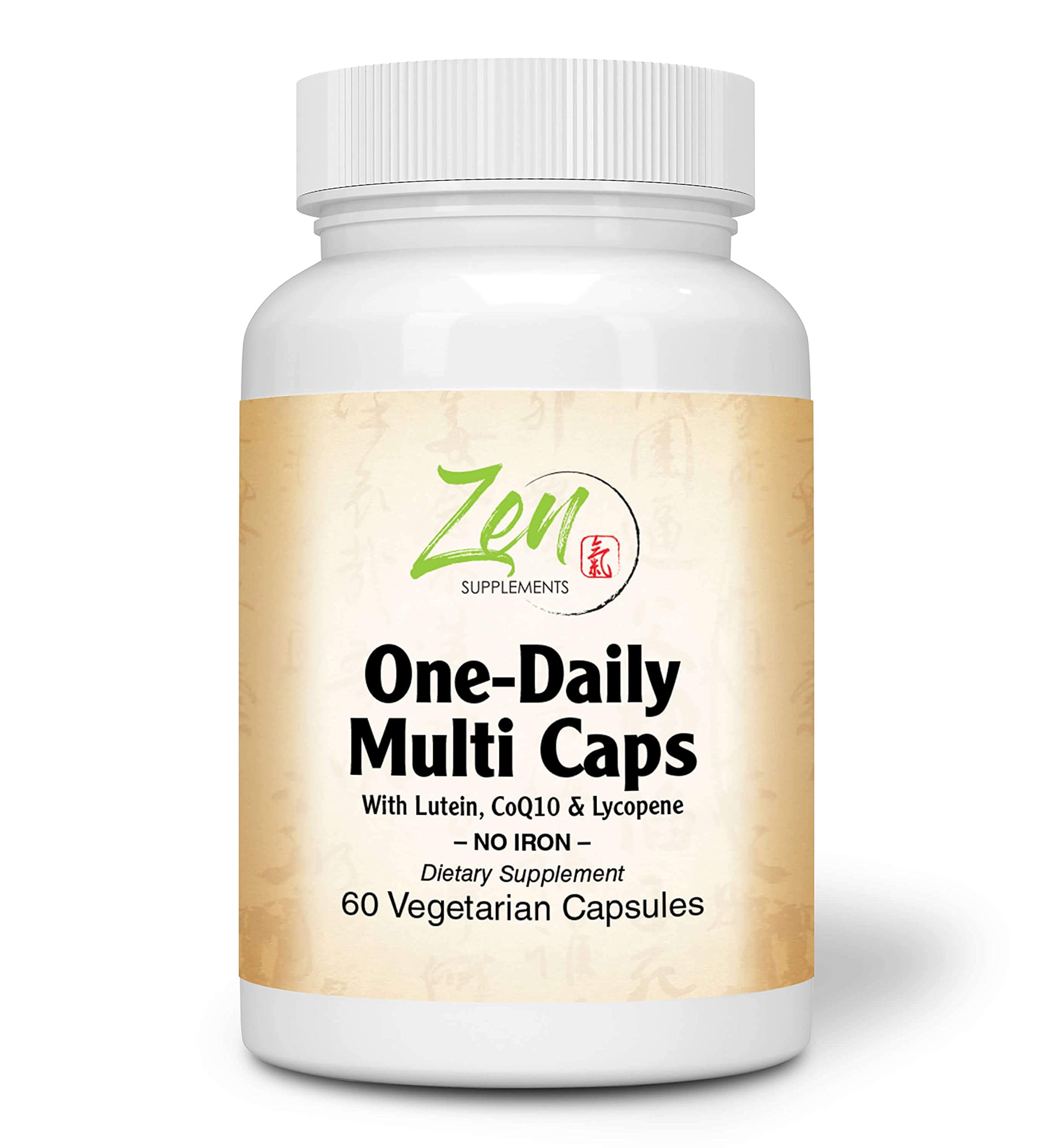
Zen Supplements - One Daily Multi-Vitamin Caps (Iron Free) 60-Vegcaps - Hi-Potency multivitamin with Lutein, Lycopene and CoQ10 That Support Macular and Visual Function
$32.87
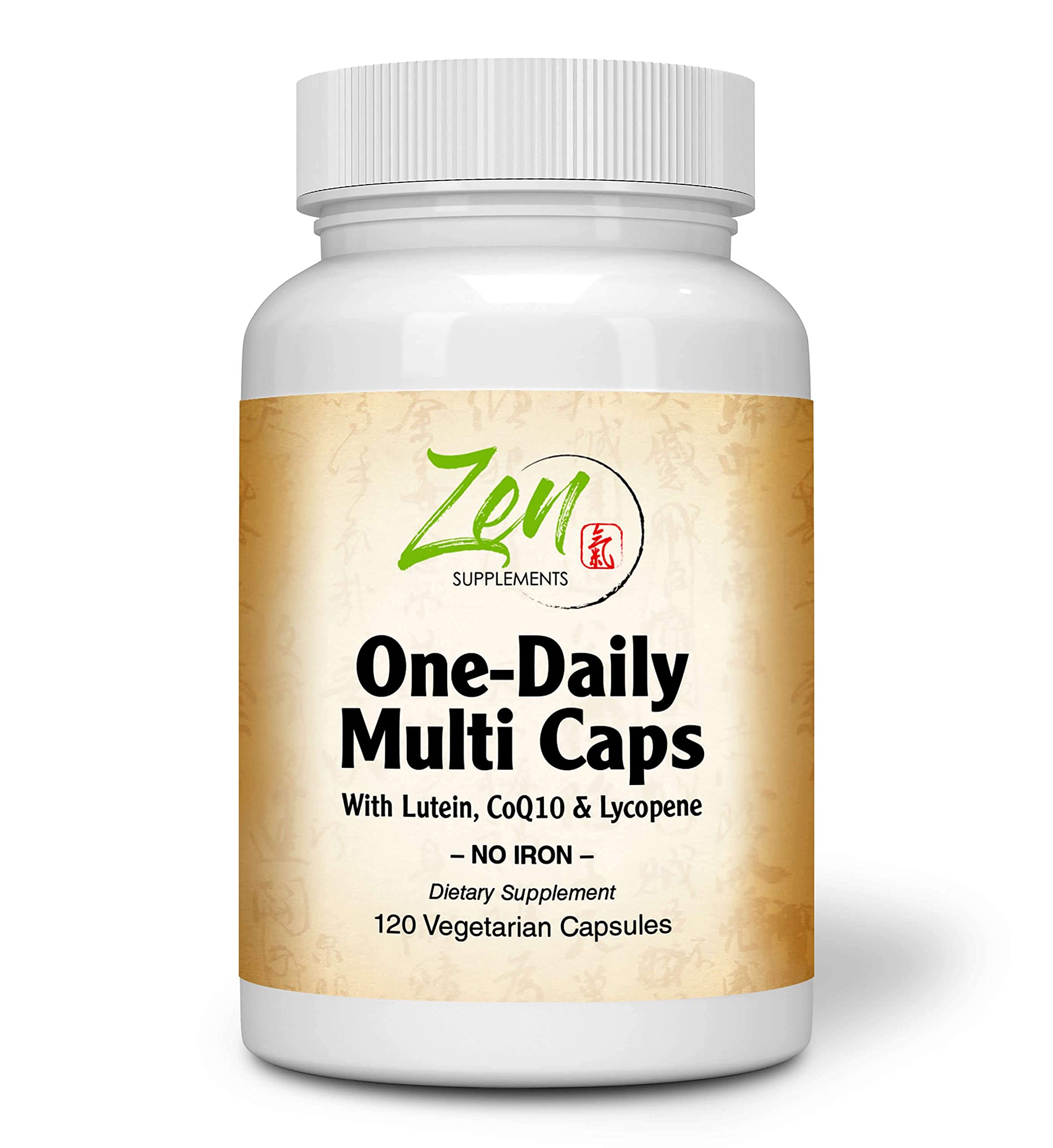
Zen Supplements -One Daily Multi-Vitamin Caps with Lutein, Lycopene and CoQ10 (Iron Free) 120-Vegcaps - Hi-potency multivitamin with Lutein, Lycopene and CoQ10 that Support Macular and Visual Function
$54.96

Zen Supplements - Vita-Min 75 MultiVitamin and Chelated Minerals (Iron Free) Vegetarian - High Potency One-a-Day Complete Multivitamin 60-Tabs
$36.09
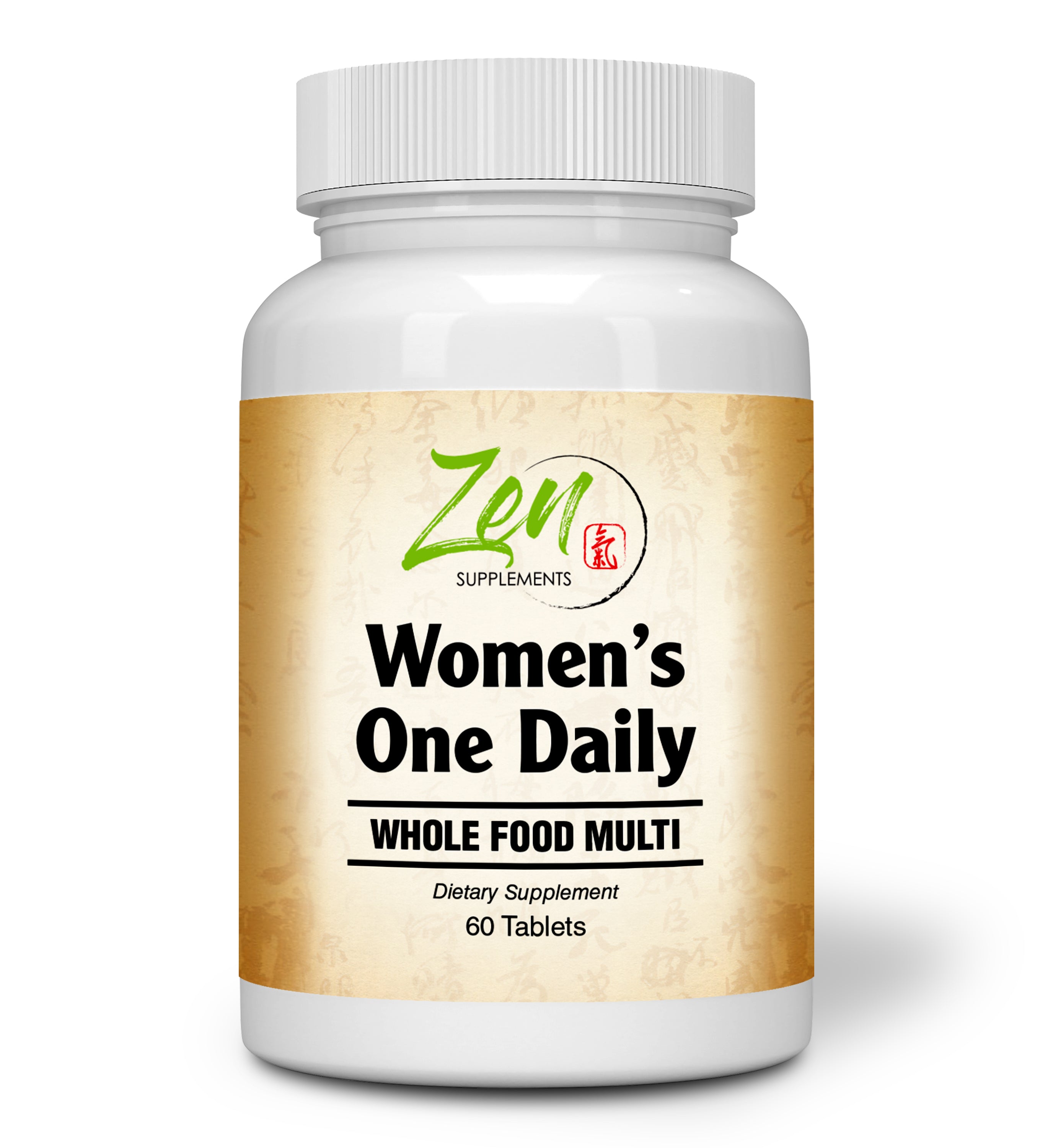
Zen Supplements - Women’s One Daily Organic Whole Food Multi-Vitamin 60-Tabs - Women's Multivitamin Made from Organic Whole Foods - Natural Energy Support & Wellness
$59.32

Zen Supplements - Women’s One Daily Organic Whole Food Multi-Vitamin 90-Tabs - Women's Multivitamin Made from Organic Whole Foods - Natural Energy Support & Wellness
$84.37

Zen Supplements - One Daily Whole Food Multi-Vitamin 60-Tabs - Vitamins and Nutrients from Organic Whole Food with Real Raw Veggies, Fruits, Probiotics, Digestive Enzymes
$59.21

Zen Supplements - Women’s One Daily Organic Whole Food Multi-Vitamin 90-Tabs - Women's Multivitamin Made from Organic Whole Foods - Natural Energy Support & Wellness
$84.37

Zen Supplements - Women’s One Daily Organic Whole Food Multi-Vitamin 60-Tabs - Women's Multivitamin Made from Organic Whole Foods - Natural Energy Support & Wellness
$59.32
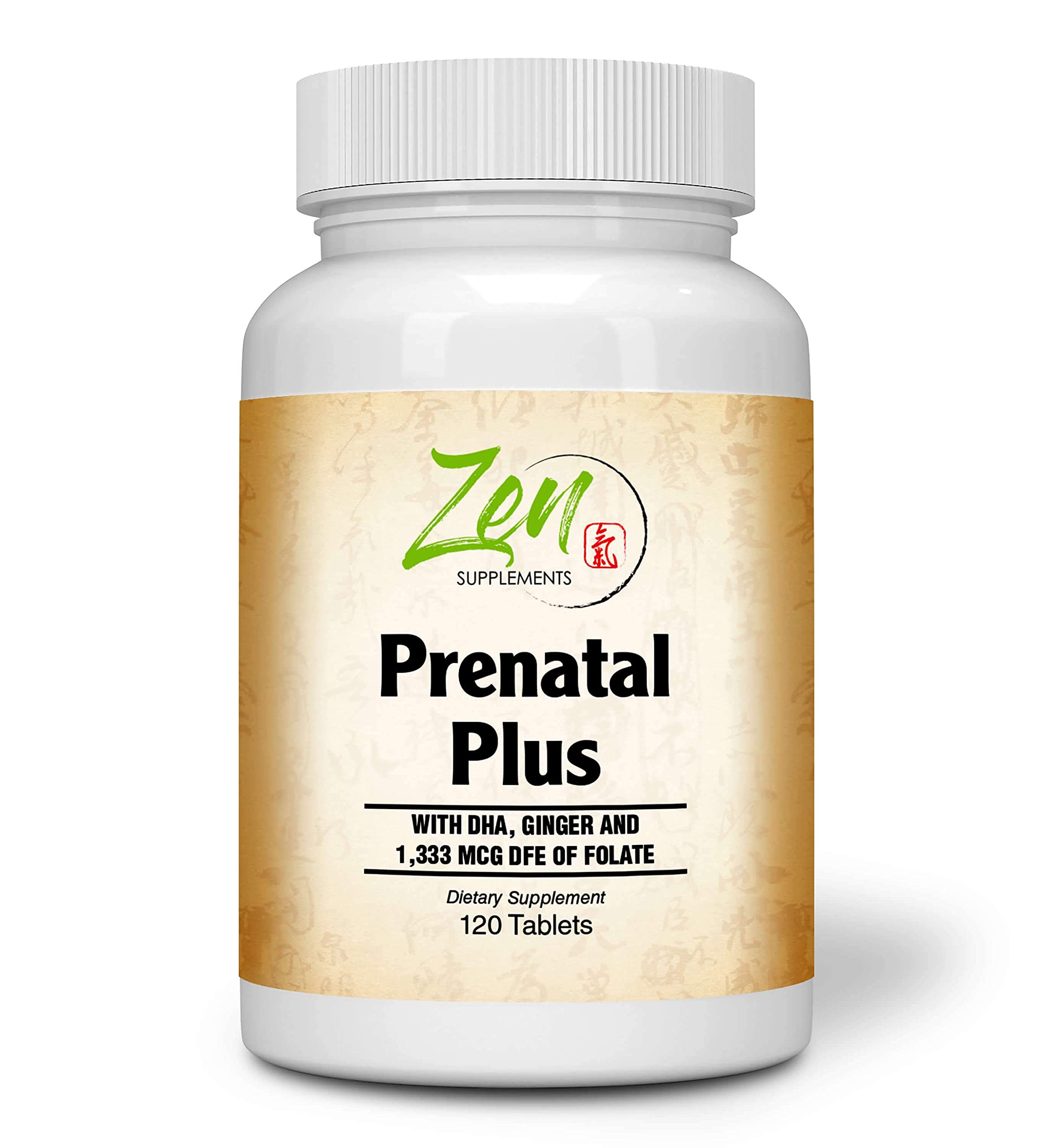
Zen Supplements - Prenatal Plus Multi-Vitamin 120-Tabs - Support for Pregnant & Lactating Women - Non-GMO, Vegetarian, take 4 Tablets Daily, 120 Tablets (30 Day Supply)
$33.32
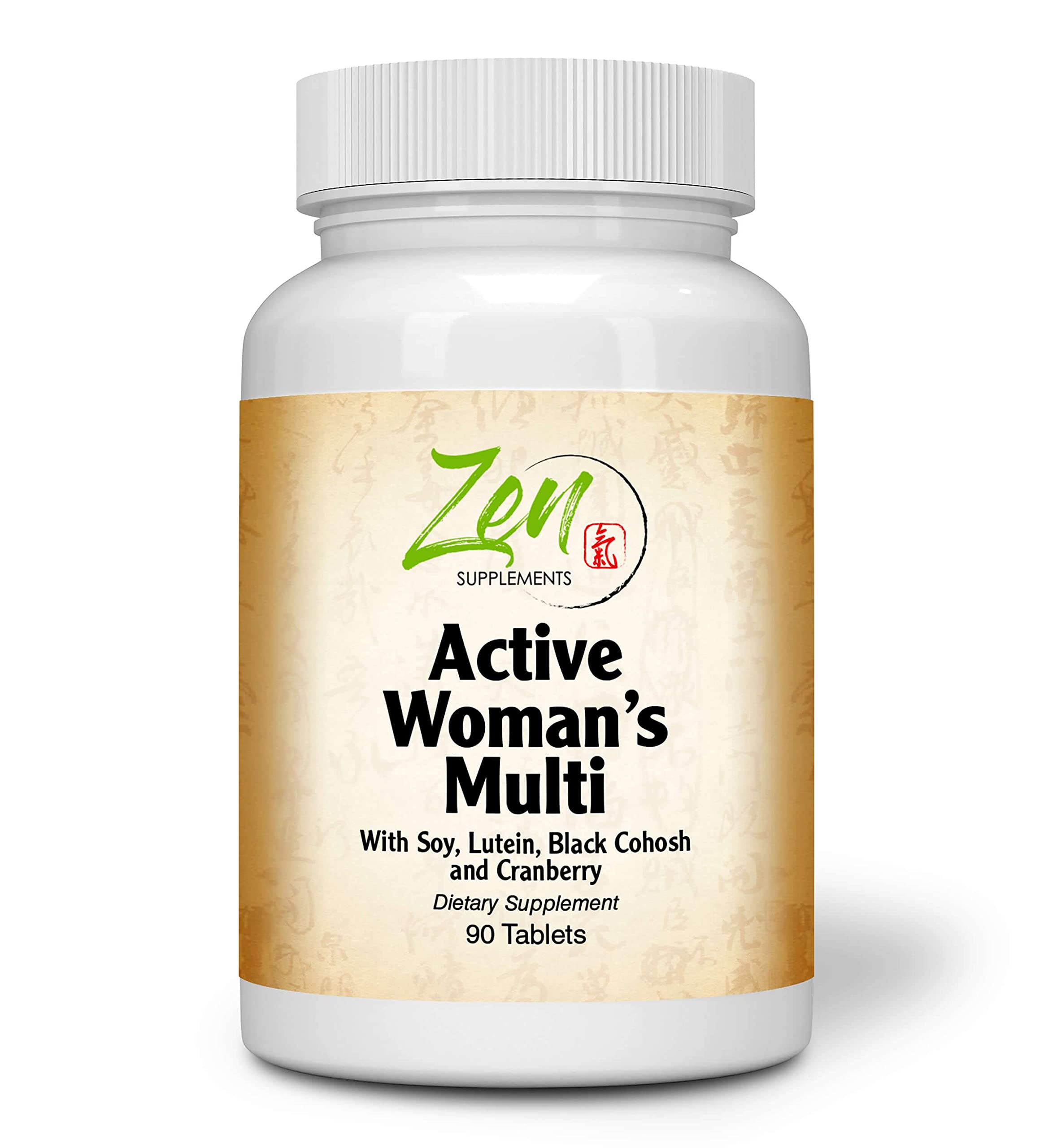
Zen Supplements - Active Woman’s Multi-Vitamin 90-Tabs - Women's Multivitamin & Multimineral with Botanicals & Herbs - Supports Immune Health & Sexual Wellness
$36.95
Departments
Departments
Departments
Departments
Herbal
Herbal
Vitamins
-
DepartmentsMultivitaminsVitamin AVitamin CVitamin DVitamin KVitamin EMen's VitaminsWomen's VitaminsChildren's VitaminsPrenatal VitaminsHerbal AshwagandhaAstaxanthin BilberryBlack CohoshBoswelliaButterburCayenneChamomileChaste Tree & VitexCinnamonCurcuminDong QuaiEchinaceaElderberryFenugreekHerbal GingerGinkgo BilobaGinsengGoldensealHorse ChestnutMacaMushroomsOlive LeafSaw PalmettoSt. John's WortThistleTurmericValerianDepartments
Account
Sign in
Cart
0
$0.00
- All Collections
-
On Sale

Zen Supplements - Cholesterol Support, for Healthy Cholesterol Levels & Cardiovascular Health with Policosanol, Tocotrienols, Chromium, Pantethine & Soy Isoflavones 90-Tabs
$43.84
Zen Supplements - Magnesium Glycinate 400Mg - Promotes Calmness & Sleep Quality, Support for Muscle Cramps & Soreness, Heart & Blood Pressure Functions & Blood Sugar Balance 180-Vegcaps
$36.43
Zen Supplements - Phosphatidyl Serine Complex - Nootropic Support for Brain Health, Improved Cognition and Neurological Clarity 30-Softgel
$31.11
Zen Supplements - Mellow Mag-Cherry Flavor Magnesium Carbonate - Natural Aid to Support Constipation & Sleeping Difficulties, Promotes Anti-Stress, Calm & Regularity 8 Oz- Effervescent Powder
$29.24
Zen Supplements - Algae Based Vega Calcium Supplement, with Magnesium, Vegan D3 & Vegan K2 and trace minerals 90 Tabs - Plant-Based Calcium Supplement with Magnesium, Boron, Promotes Bone Strength - All Natural Ingredients to be Highly Absorbable
$38.81 -
Men

Zen Supplements - One Daily Multi-Vitamin Caps (Iron Free) 60-Vegcaps - Hi-Potency multivitamin with Lutein, Lycopene and CoQ10 That Support Macular and Visual Function
$32.87
Zen Supplements -One Daily Multi-Vitamin Caps with Lutein, Lycopene and CoQ10 (Iron Free) 120-Vegcaps - Hi-potency multivitamin with Lutein, Lycopene and CoQ10 that Support Macular and Visual Function
$54.96
Zen Supplements - Vita-Min 75 MultiVitamin and Chelated Minerals (Iron Free) Vegetarian - High Potency One-a-Day Complete Multivitamin 60-Tabs
$36.09
Zen Supplements - Women’s One Daily Organic Whole Food Multi-Vitamin 60-Tabs - Women's Multivitamin Made from Organic Whole Foods - Natural Energy Support & Wellness
$59.32
Zen Supplements - Women’s One Daily Organic Whole Food Multi-Vitamin 90-Tabs - Women's Multivitamin Made from Organic Whole Foods - Natural Energy Support & Wellness
$84.37
Zen Supplements - One Daily Whole Food Multi-Vitamin 60-Tabs - Vitamins and Nutrients from Organic Whole Food with Real Raw Veggies, Fruits, Probiotics, Digestive Enzymes
$59.21 -
Women

Zen Supplements - Women’s One Daily Organic Whole Food Multi-Vitamin 90-Tabs - Women's Multivitamin Made from Organic Whole Foods - Natural Energy Support & Wellness
$84.37
Zen Supplements - Women’s One Daily Organic Whole Food Multi-Vitamin 60-Tabs - Women's Multivitamin Made from Organic Whole Foods - Natural Energy Support & Wellness
$59.32
Zen Supplements - Prenatal Plus Multi-Vitamin 120-Tabs - Support for Pregnant & Lactating Women - Non-GMO, Vegetarian, take 4 Tablets Daily, 120 Tablets (30 Day Supply)
$33.32
Zen Supplements - Active Woman’s Multi-Vitamin 90-Tabs - Women's Multivitamin & Multimineral with Botanicals & Herbs - Supports Immune Health & Sexual Wellness
$36.95 -
Children's
-
Herbals & Botanicals
- Blogs
- Contact Us
-

